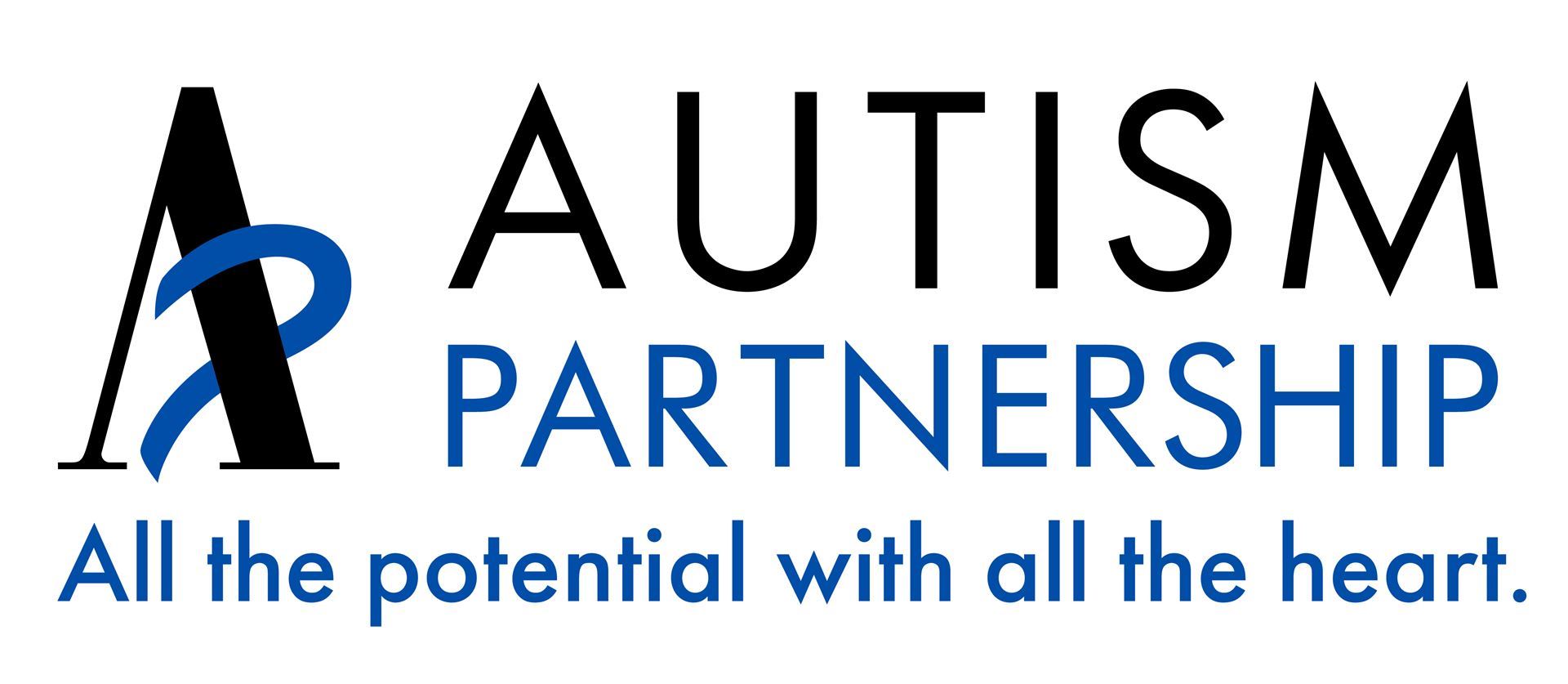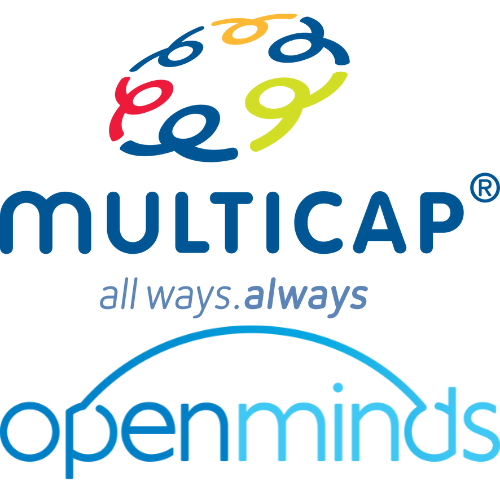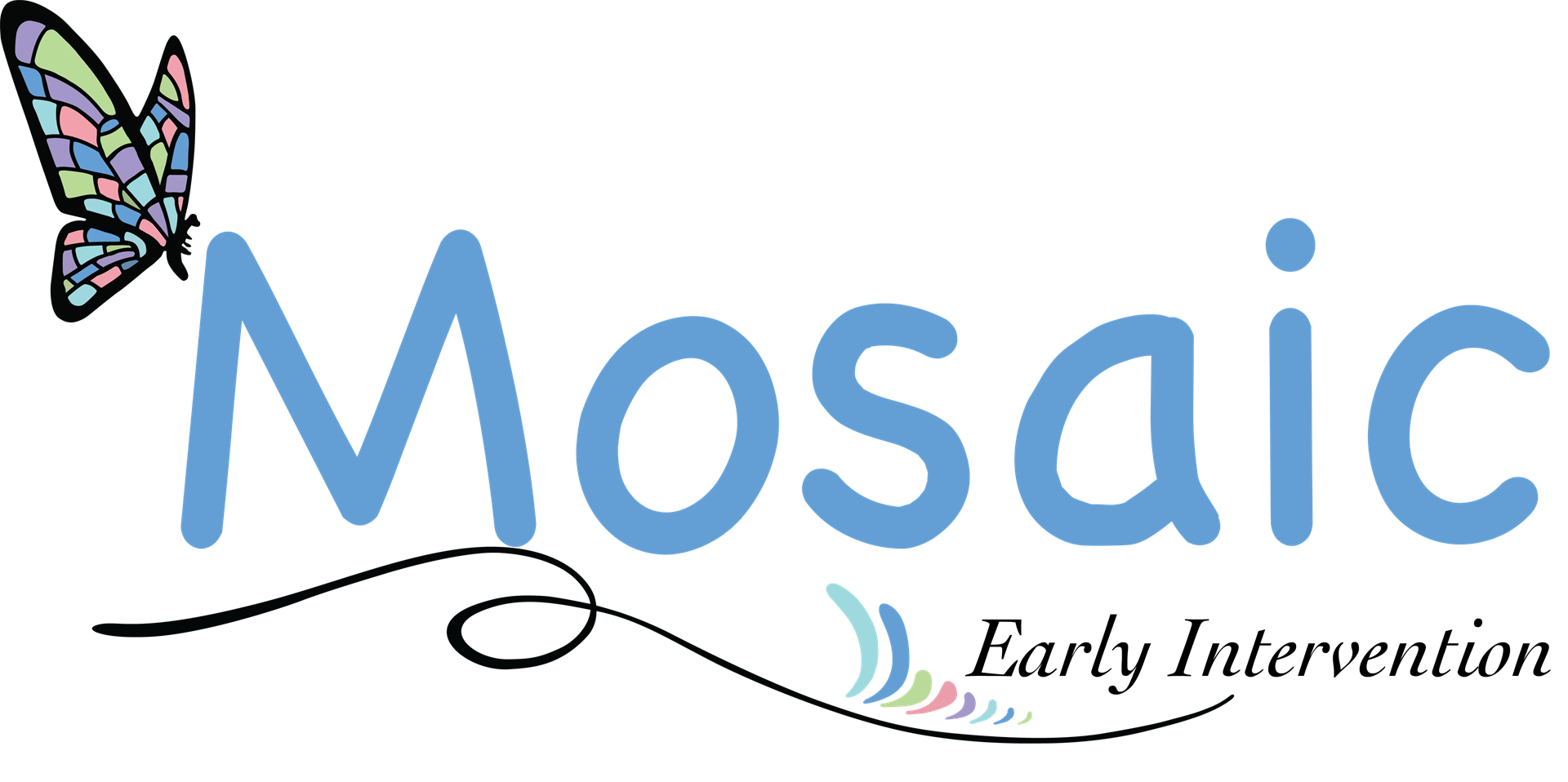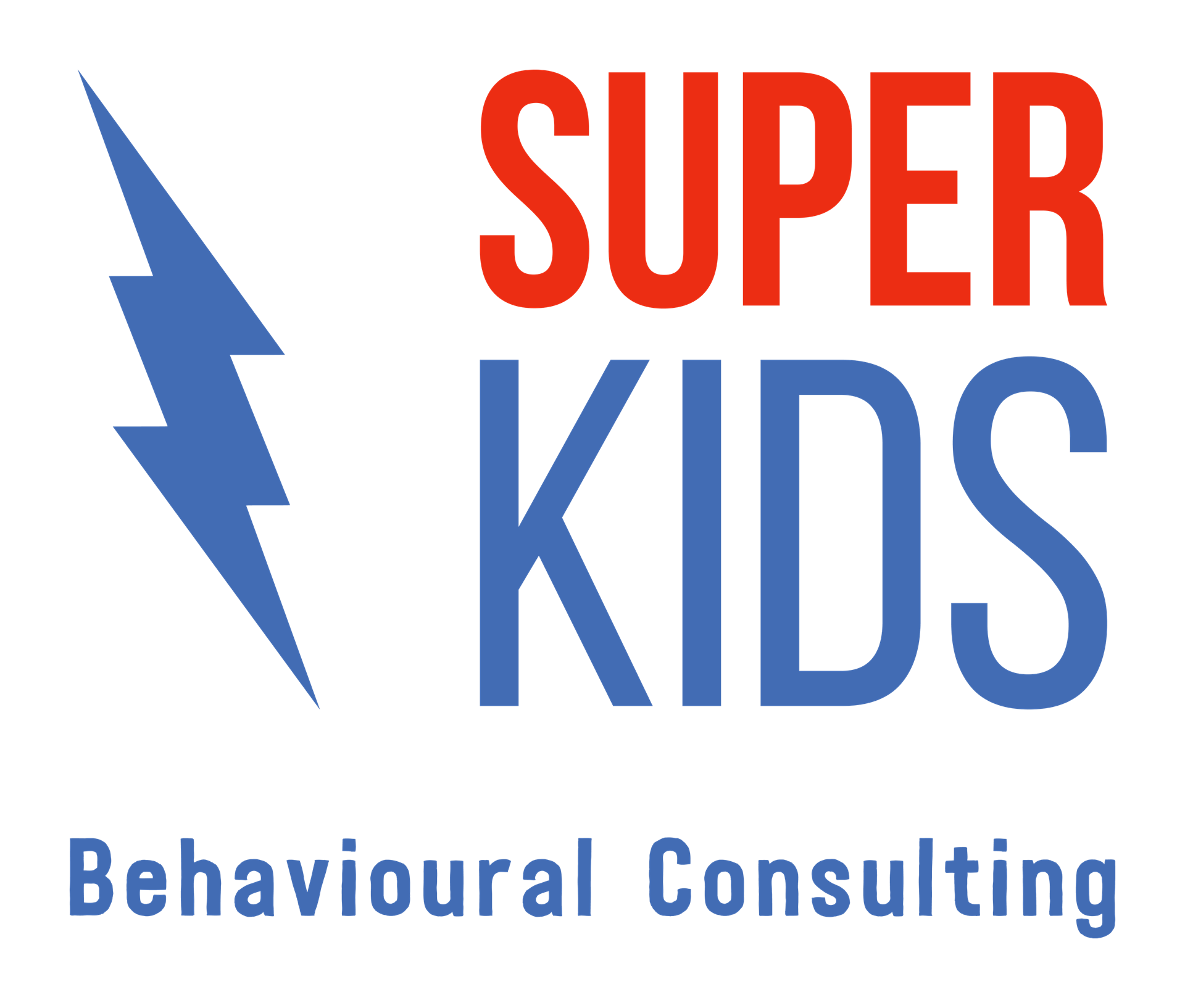.png)
Poster SEssionsaturday, 27 July 20244:00 - 6:00 PMAutism Partnership 2 |
Early Intervention for Emerging Behaviours of Concern: Implementing the Balance Program
Meredith Harrison Brown, Deanna Kapera, Srijana Sharma, & Niesha Illingworth Bright Eyes Blue Mountains Abstract: Early intensive behavioural intervention is not accessible to all families requiring support to address emerging behaviours of concern. The Balance program was designed to address this by facilitating multimodal support and primary implementation by caregivers. This program has been implemented by a private clinic in the Blue Mountains, NSW, to support families in an area with limited services. This work represents an evaluation of treatment integrity, efficacy, and social validity for the Balance program in Australia. We hypothesised that, in line with prior work completed overseas, we would be able to deliver the program with high integrity to achieve improvements in cooperation with adult-led activities, resulting in meaningful improvements in daily life for participants and their caregivers. Prospective participants were eligible if the child was aged under 7, engaged in frequent emerging behaviours of concern (defined as daily uncooperative behaviour including tantrums, crying, and arguing), and have not engaged in high-intensity (requiring first-aid) behaviours of concern or any self-injury within the last 3 months. We expect to have data by June 2024, including participant characteristics, results of social validity assessments, and data captured during the treatment process. Any challenges encountered during service delivery will be discussed. |
Examining Culture in Behaviour Support through Social Validity and Practitioner Self-reportPreeti Vogel, Chloe Fung, Rebecca L. Beights, & Geoff Potter The Centre for Positive Behaviour Support (CPBS) Abstract: Culture represents a specific set of contingencies that influence behaviour at individual and group levels. Given the potential impact of these contingencies, analysis and inclusion of cultural values in behaviour support is critical. Conceptually many behaviour support practitioners recognise that culture is an important variable to consider in service delivery (Hernandez et al., 2023; Jimenez-Gomez & Beaulieu, 2022). However, clear evaluation and inclusion of culture within standard assessment and intervention practices is limited (Arango & Lustig, 2023; Fong et al., 2016). The current study examines culture from family and practitioner perspectives. Six families completed social validity measures across multiple timepoints. Social validity measures included family impressions of the practitioner’s acknowledgement of cultural values and beliefs and alignment of behaviour goals and strategies with culture. Two practitioners completed self-report measures of cultural responsiveness across domains of awareness, knowledge, and skills. Results of the social validity assessment and practitioner self-report will be discussed, with specific consideration of culture within the Australian context and implications within behaviour support. |
Collaborating with support services utilising PBS strategies to create a standard operating procedure (SOP) during onboarding of new staff to improve staff retention and reduce behaviours of concern.John De Jesus Multicap Limited
Abstract: The project aimed to create a PBS-based individualised operating protocol for the effective orientation and integration of new employees during the onboarding process to improve staff retention. This project targeted new support workers who will be working with a client with a history of displaying behaviours of concern towards new staff members. The collaborative endeavour brought together key stakeholders, house managers and existing staff who deliberated on effective communication conventions and working habits that enabled current workers to build rapport and establish boundaries with the client that successfully reduced the occurrence of behaviours of concern, improving staff: client relationship and thus staff retention. These effective communication procedures and working behaviours were drafted by the practitioner into a detailed SOP, it also outlined the steps for implementing PBS strategies during onboarding. Results showed that the SOP was helpful in improving staff retention reducing the staff turnover from 3 per 2 months to 1 staff member per 2 months. Results also showed that the frequency of the client’s physical aggression towards new staff members reduced from 11 to 4 instances per 2 months. The project demonstrates that proactive interventions and collaborative approaches empower future staff to create positive and lasting connections with clients contributing to staff retention. |
Utilising standardised Task Analyses to guide Direct Support Workers in teaching skills to people with Intellectual, Developmental, and Psychosocial Disabilities
Jessica Crossan
Multicap Limited Abstract: There is an evidence-based methodology within Applied Behaviour Analysis for teaching skills through establishing behaviour chains with task analysis. This involves breaking complex tasks into smaller steps, leading to a terminal outcome (Cooper, Heron, Heward, 2020). Through the teaching and reinforcement of these task analysis’, a person is able to learn new skills which increase their independence and quality of life (Alonso-Sardon et al. 2019). The National Disability Insurance Agency (NDIA) requires interventions to be evidence-based and that a person’s service provision demonstrates significant outcomes aligned with their funded goals (NDIS Act 2013). The National Framework for Recovery-Oriented Mental Health Services (2013) states that part of a recovery-oriented approach should include opportunities to learn new skills and connect with inherent strengths. The aim of this project was to design an evidence-based approach to skills teaching for people with intellectual, developmental, and psychosocial disabilities, and develop resources that could be disseminated across an organisation and used by direct support staff. It is important that skills teaching procedures ensure replicable interventions, and are effective in nature, focusing on behavioural techniques resulting in socially significant change (Baer, Wolf, and Risley, 1968). As such, this program was designed by a behaviour analyst and includes procedures for standardised prompt types and fading to elicit independent and correct responses as well as standardised task analysis templated and training resources for direct support workers. Method A suite of standardised skills teaching programs were developed for individuals with moderate to severe disabilities using the Essential for Living Curriculum (McGreevy, Fry, and Cornwall, 2012) daily living and related skills domains as a standardised benchmark. These programs are individualised for each person with prompting reinforcement contingencies to support skill acquisition. The pilot study included three direct support staff and participant pairs. Teaching methodology will be measured through collection of baseline and practice session data indicating participant correct and independent responses. Behaviour Skills Training was used to instruct direct support workers. Social validity was measured through direct support worker and participant acceptability of the program as well as two pre and post-test questionnaires. Results This project is currently being piloted; this data will be available for the final presentation. This will include single subject baseline data of current skill and affirmation of consequent intervention (AB design) data. Social validity data for the person and staff will also be included. Conclusion Standardised tasks analyses are a promising approach to assisting direct support workers to teach essential life skills to people with a disability. Standardisation provides an opportunity to deliver interventions at large scale, making basic behavioural technologies accessible across organisations. This project represents an effort to use fundamental Applied Behaviour Analytic principles to enhance organisational practice and individual skill acquisition and independence. |
The Hungarian Community's Knowledge Regarding the National Disability Insurance SchemeBrigitta Hargitai Multicap Abstract: The current project is seeking to provide a deeper understanding of the previous studies looking at the experiences of culturally and linguistically diverse people with disabilities and their families in Australia. Through narrowing the target population to be specific to the one community and their experience thereby, providing in depth understanding that as culturally specific to this community. Through utilising social media to distribute a survey which explores the knowledge base of the Hungarian community on regarding their knowledge on the support available to their children through the National Disability Insurance Scheme. Thereby, showing the gaps of understanding specific to the Hungarian community and allowing for an insight on how these gaps effect Hungarian parents from seeking support for their children. Based on previous literature it is hypothesised that the Hungarian community has limited knowledge regarding the supports and services accessible to them through National Disability Insurance Scheme. Therefore, examining the gaps in knowledge will allow for the creation of more culturally specific resources to be created to share information with the Hungarian community. |
Using ABA Based Supervision to Improve the Confidence and Capability of Behaviour Support Practitioners
Rebecca McLinden
Multicap Abstract: The NDIS specifies that Positive Behaviour Support is a term used to describe “disability service provision with… applied behaviour analysis”. However, there is no requirement to be educated in or have work experience in Applied Behaviour Analysis (ABA) to become registered. In a recent survey Fisher et al (2024) found ‘Practice Supervision’ to be an enabler of PBS practice, whilst ‘limited expertise’ was a reported barrier. A survey was conducted with Multicap practitioners who have been receiving biweekly ABA supervision from a Board-Certified Behaviour Analyst. The survey requested practitioners to reflect on their confidence levels in completing Behaviour Support Plan (BSP) development tasks prior to receiving ABA Supervision, compared to how they feel currently. Results of the survey show increased confidence levels across all BSP development tasks. The BSPQE2 was used to score plans written before and after their ABA based supervision. The average score increased, showing supervision resulted in increased capability. Hastings et al, 2013 argues that “ABA models, competencies and methods are not an optional extra for PBS. PBS lives or dies with ABA.”. The current findings agree with this sentiment and propose that ABA based supervision is a key requirement to improve practitioner confidence and capability. |







.png)





